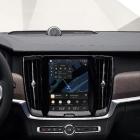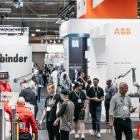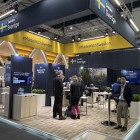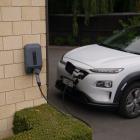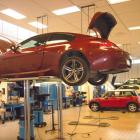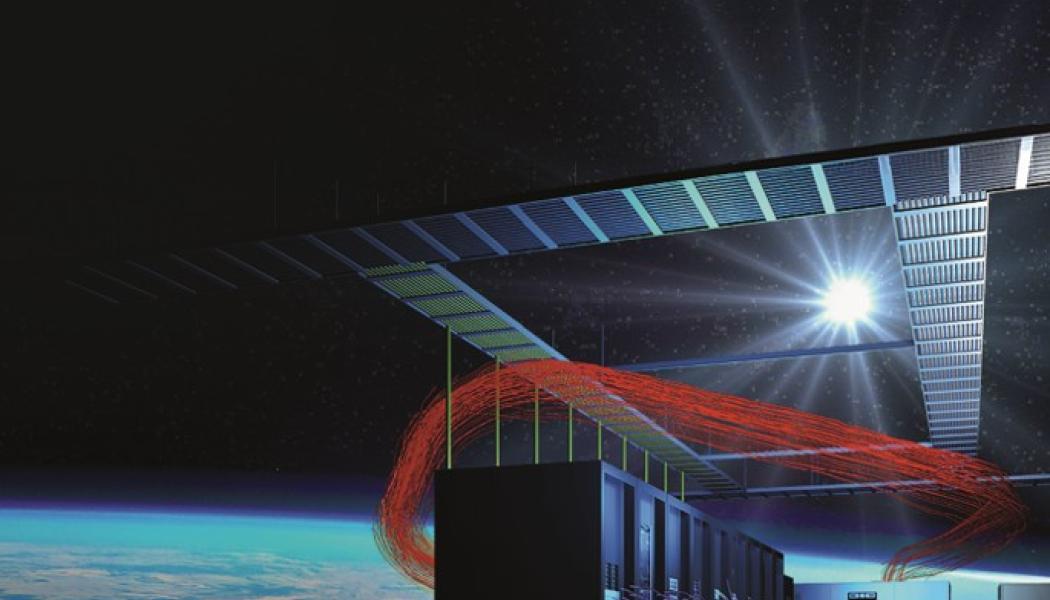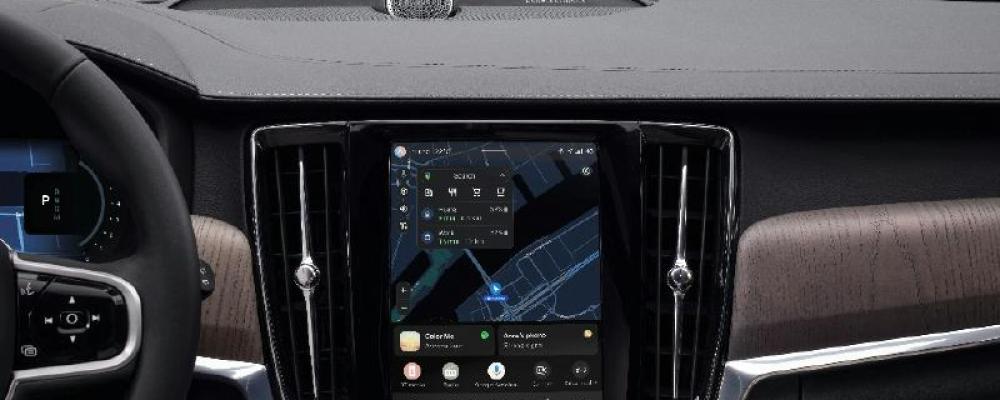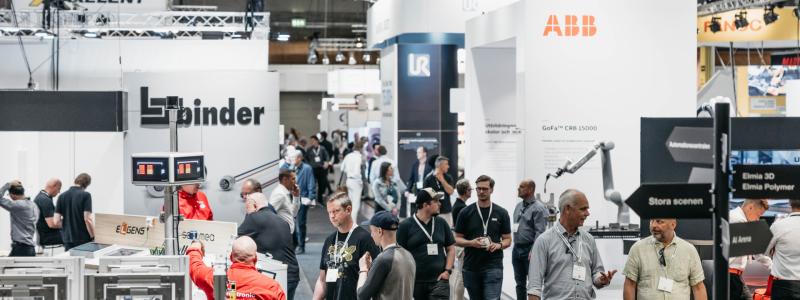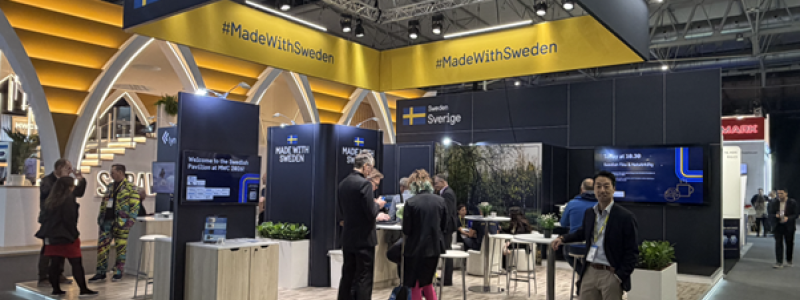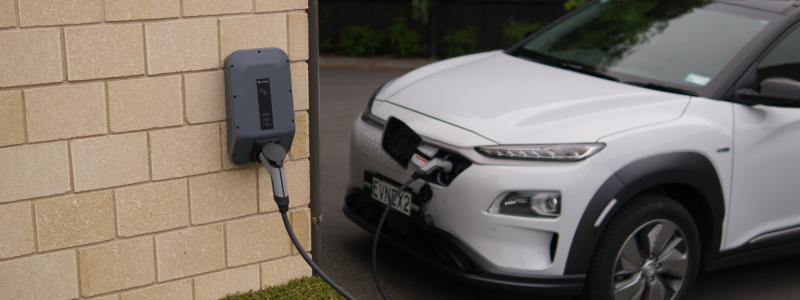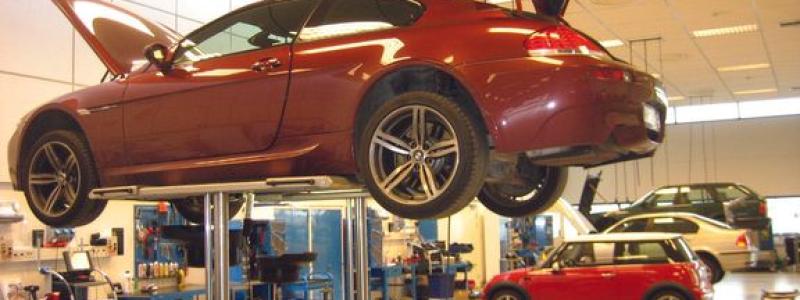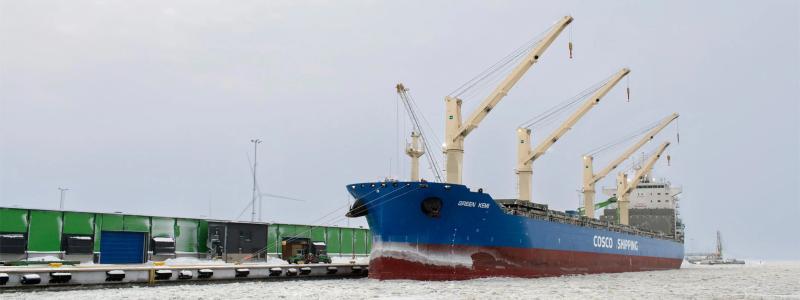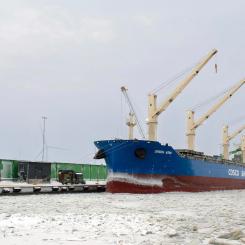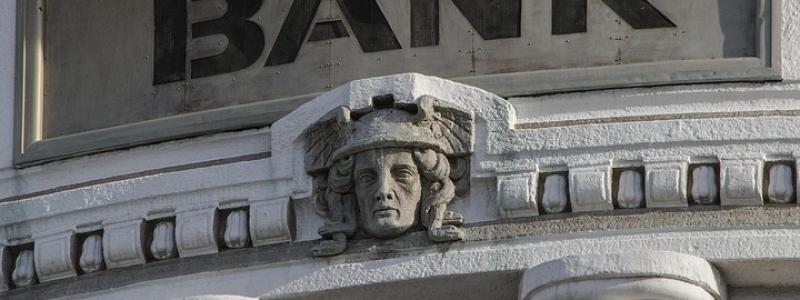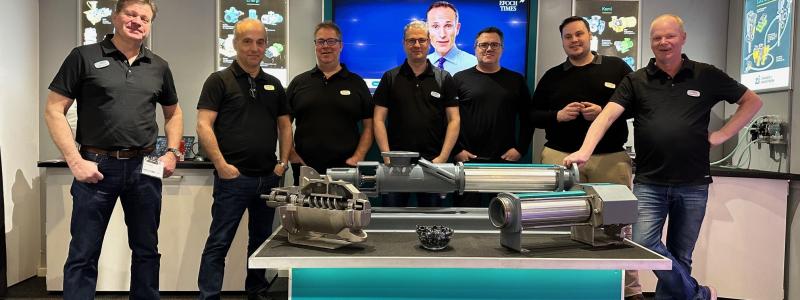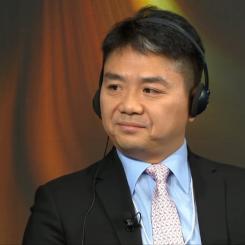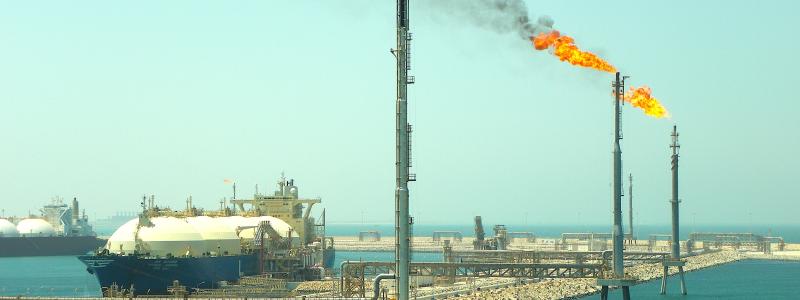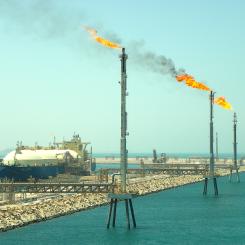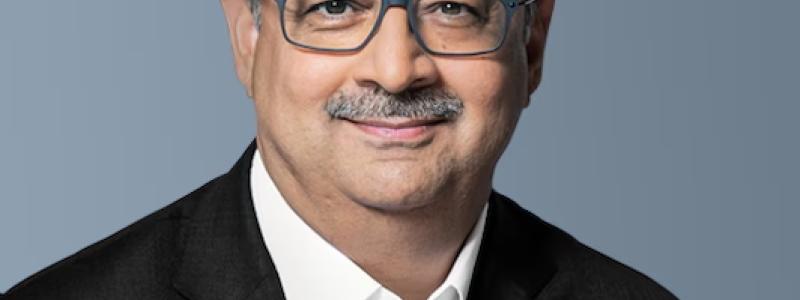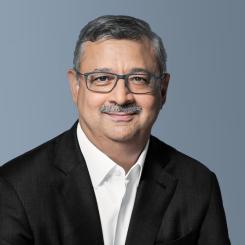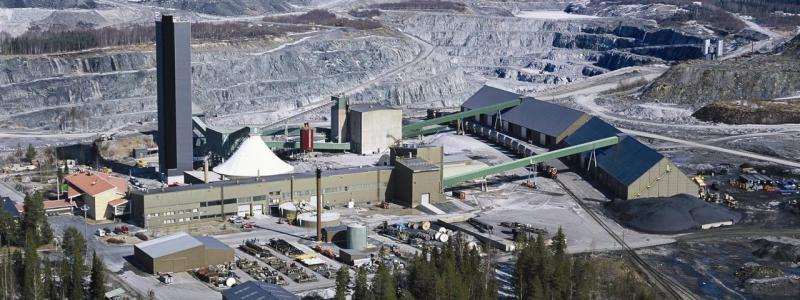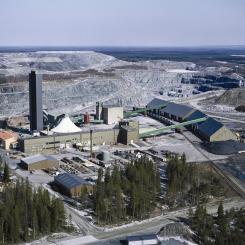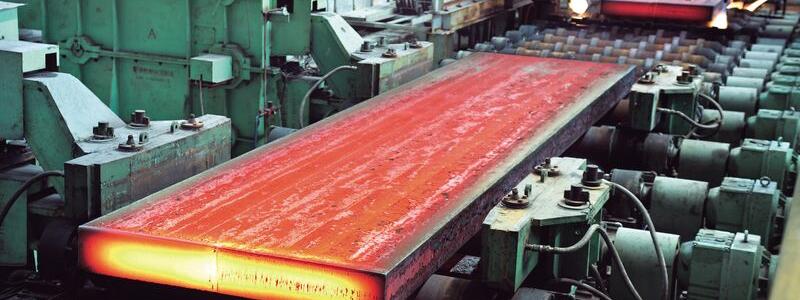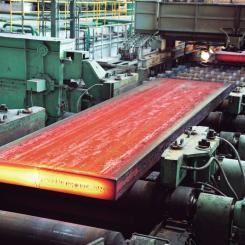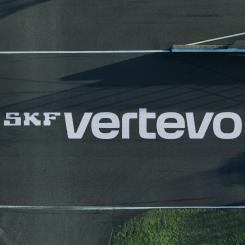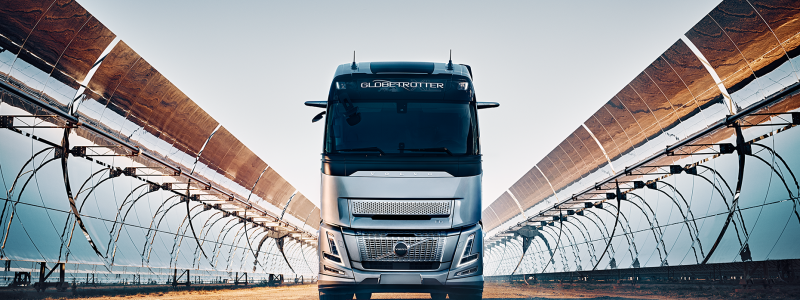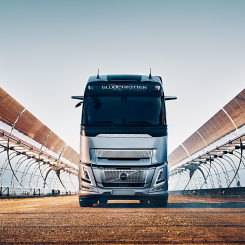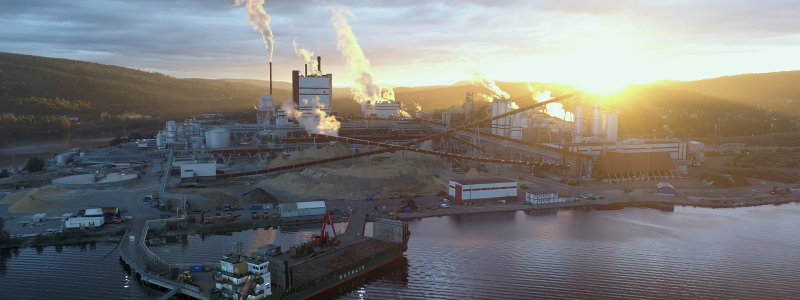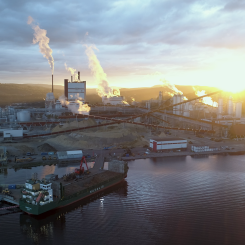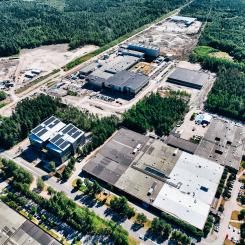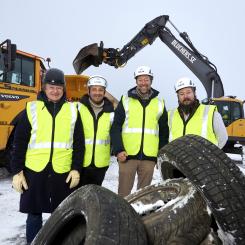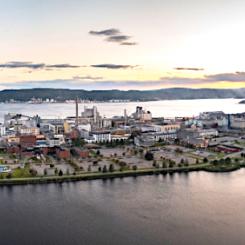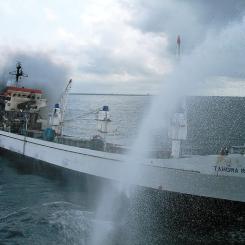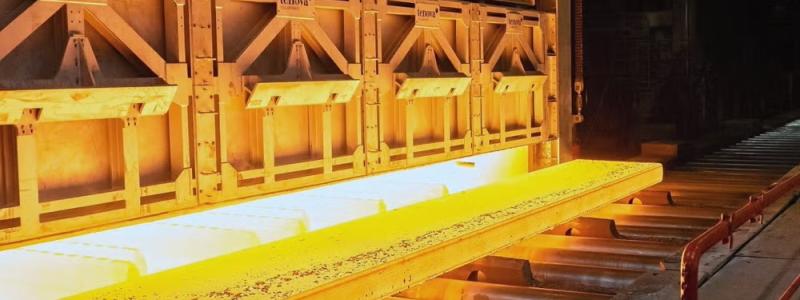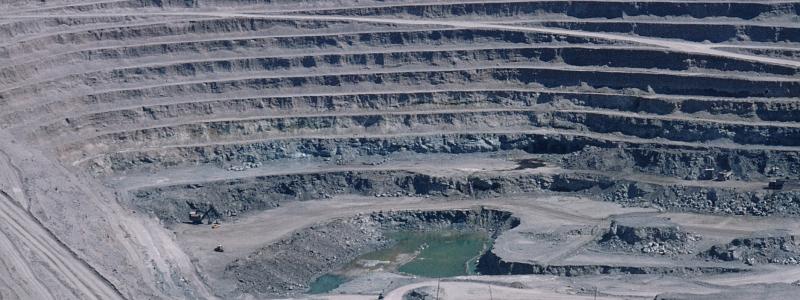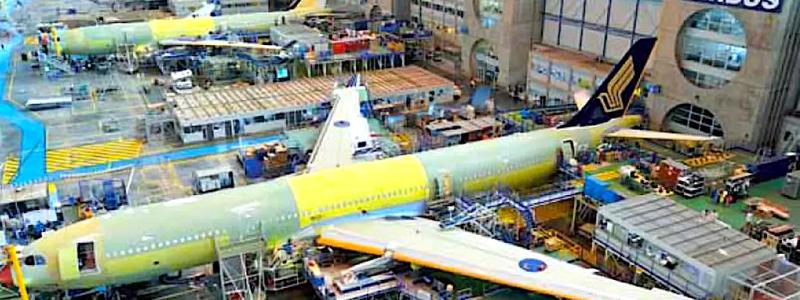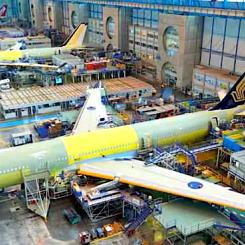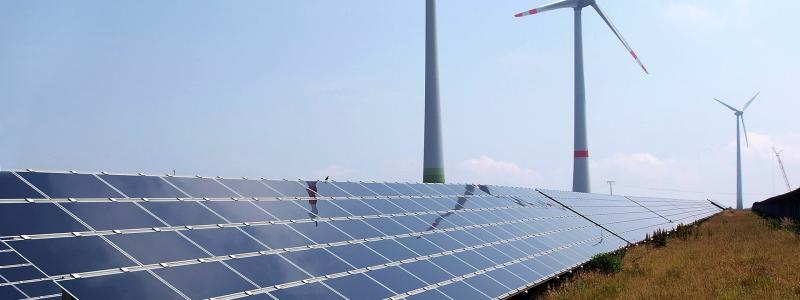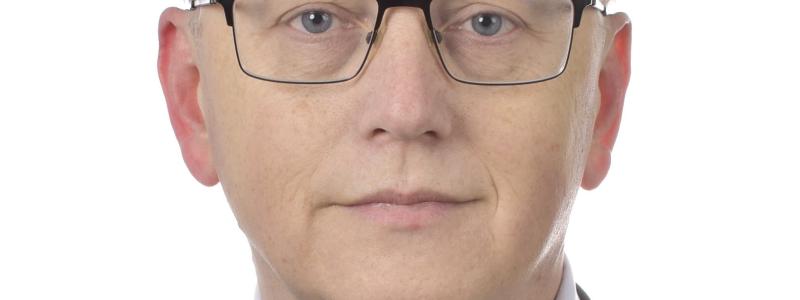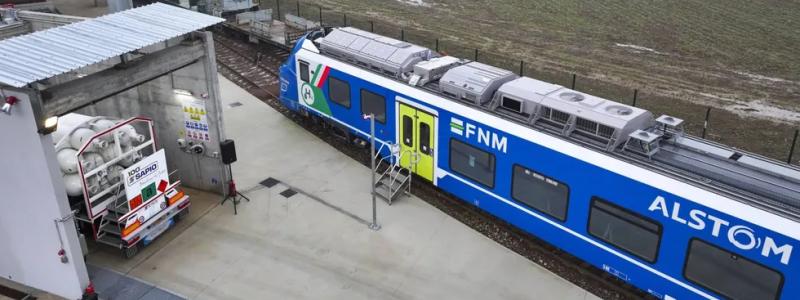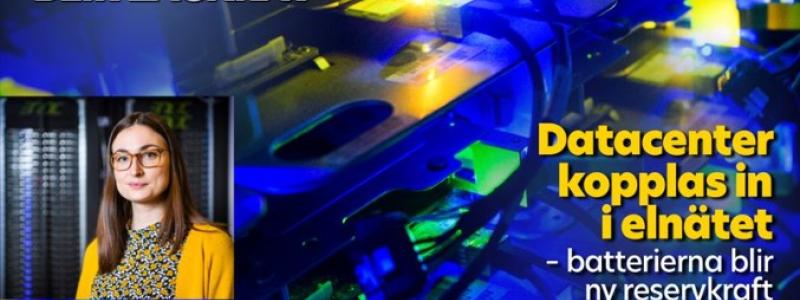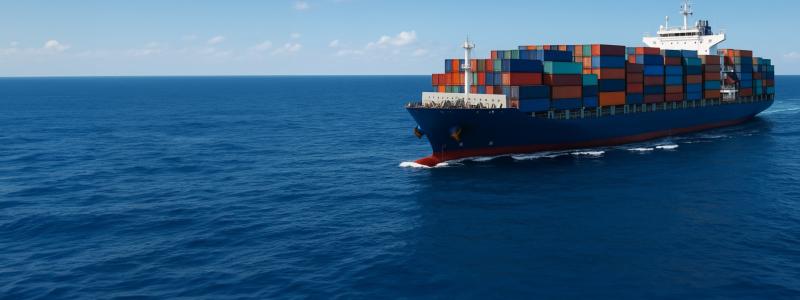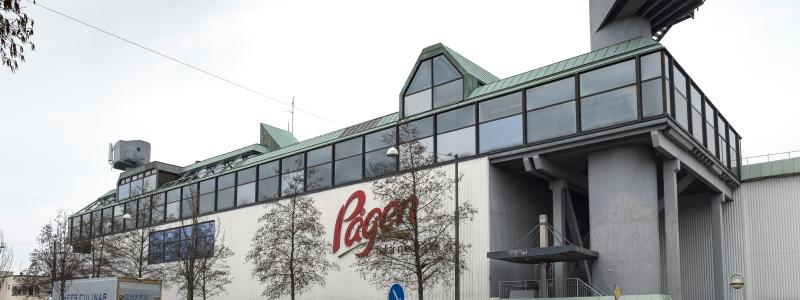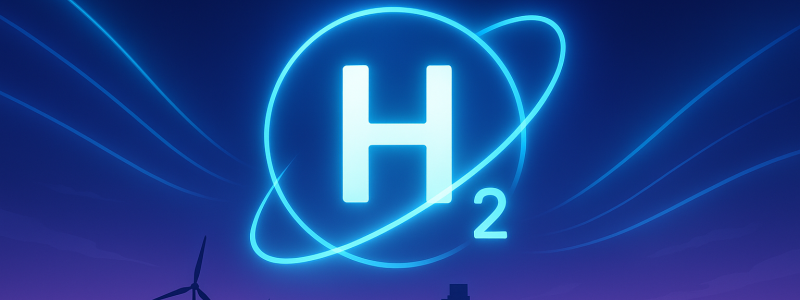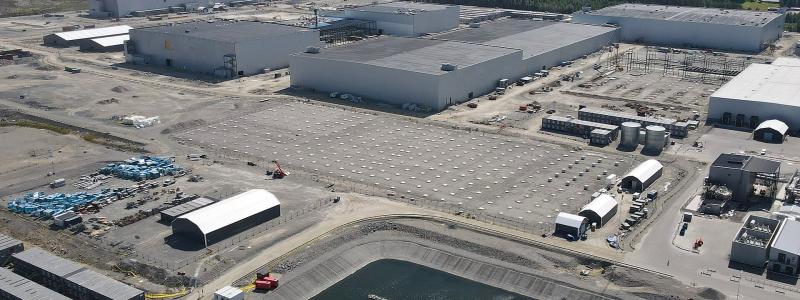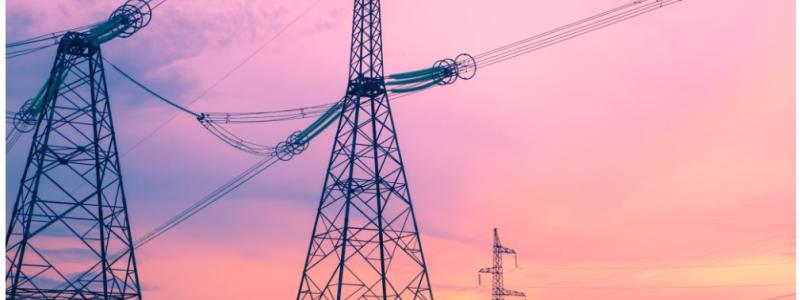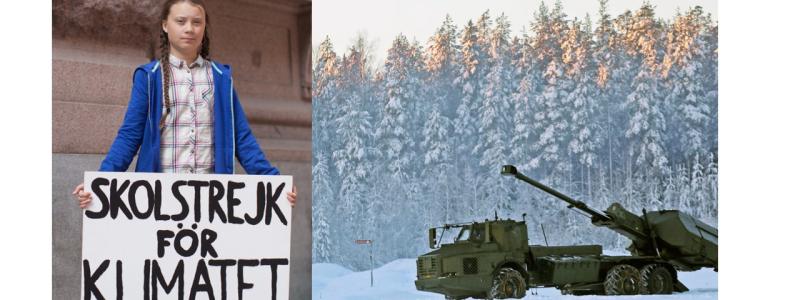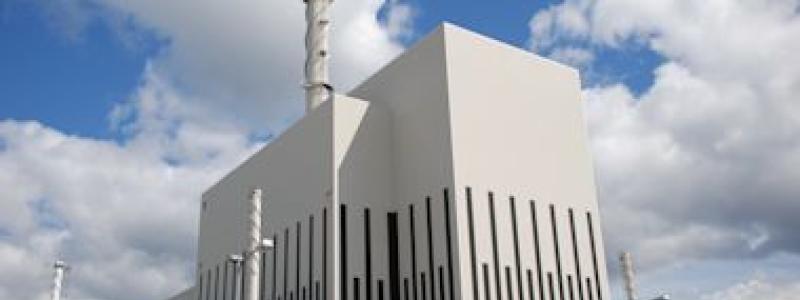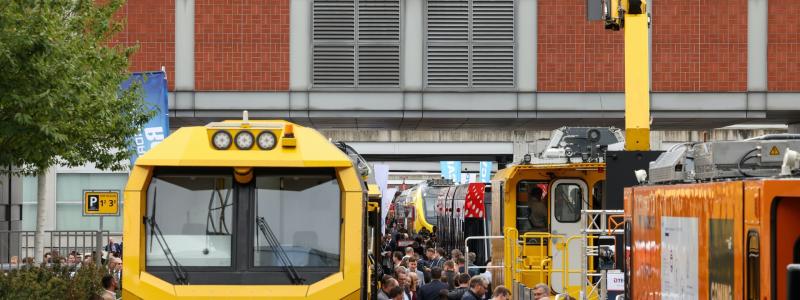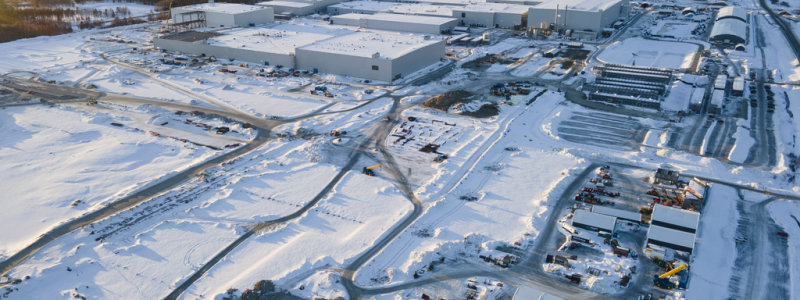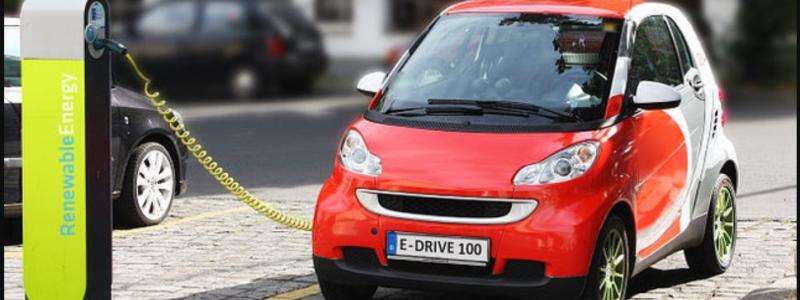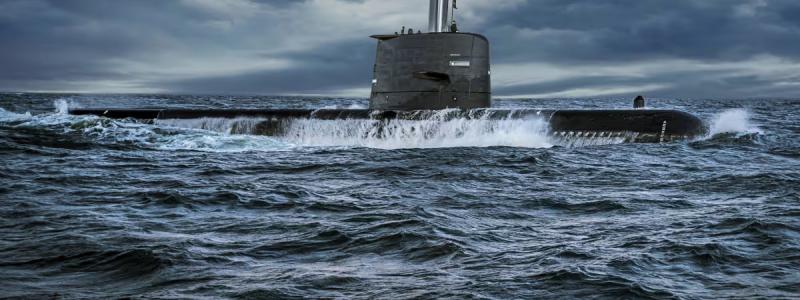In today’s digital economy, data centers power everything from cloud services to financial systems. To meet rising demands for efficiency and sustainability, operators are increasingly turning to digital twins.
A digital twin is a real-time virtual replica of a physical system—in this case, a data center. Continuously updated with live data, it allows for comprehensive monitoring, simulation, analysis, and optimization of operations.
But why is this technology particularly valuable for data centers? In this article, you’ll learn about the key reasons.
Optimizing Energy Use and Cooling Efficiency
Data centers consume vast amounts of energy. A digital twin can simulate airflow, temperature distribution, and power consumption across the facility. By identifying inefficiencies or overheated zones (hot spots), operators can optimize cooling strategies and energy usage.
The result? Reduced energy costs, lower carbon emissions, and improved environmental performance—without compromising up-time or performance.
Scalability and Capacity Planning
Scaling a data center—whether expanding hardware or increasing workload—requires planning. A digital twin enables operators to simulate the impact of adding new servers, modifying rack configurations, or adjusting network setups before implementing physical changes.
This ensures infrastructure grows efficiently and avoids unexpected bottlenecks or strain on cooling and power systems.
Smarter Design and Retrofits
For new builds or renovations, a digital twin allows designers and engineers to test various layouts, equipment placements, and environmental strategies virtually. This de-risk decision-making, shortens project timelines, and helps avoid costly errors in design or implementation.
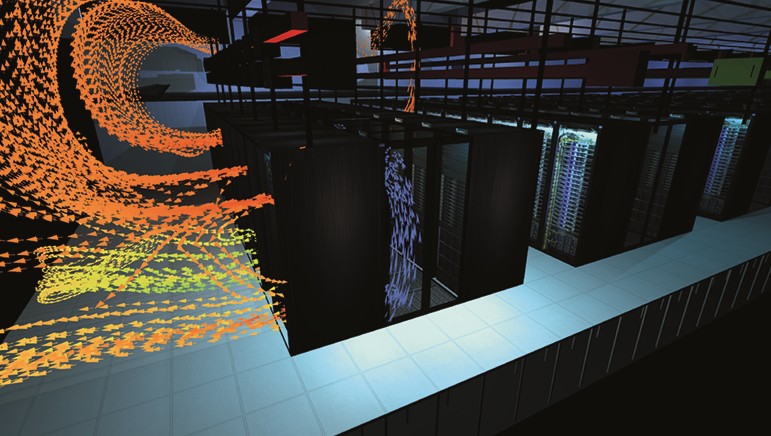
Reporting
Many data centers operate under strict regulatory and environmental standards. A digital twin can log and visualize key metrics like temperature, power usage, and PUE (Power Usage Effectiveness), simplifying audits and sustainability reporting.
In conclusion
Operating a modern data center is not just about hardware or up-time, it’s about managing a complex ecosystem intelligently. A digital twin provides the visibility and insight needed to make smarter decisions, reduce operational risk, increase efficiency, and support long-term sustainability goals.
In a data-driven world, the question is no longer whether data centers need a digital twin, but when they implement one. Those who adopt early will lead in performance, resilience, and environmental impact.
Experience digital twin technology
Get in touch to see the Cadence Reality DC Platform in action. We'll walk you through a full demo—showing how it supports both data center design and operations.
Who are we?
Nordcad is the leading EDA provider in the Nordics, enabling companies to streamline everything from PCB design and CFD analysis to data center planning and management. We have the industry's best hotline support that can help and guide you quickly and efficiently.


Learn more about Nordcad’s expertise in Data Centers
Stranded Capacity in Data Centers
This webinar spotlights one of the leading culprits behind data center inefficiencies and environmental impact—Stranded Capacity.
Demo
A demo of the advanced modeling capabilities, environmental considerations, and customized reporting in Cadence Reality DC Digital Twin Platform
Webinar - Click here for more info
Ebook - Read it here
![]()
![]()

